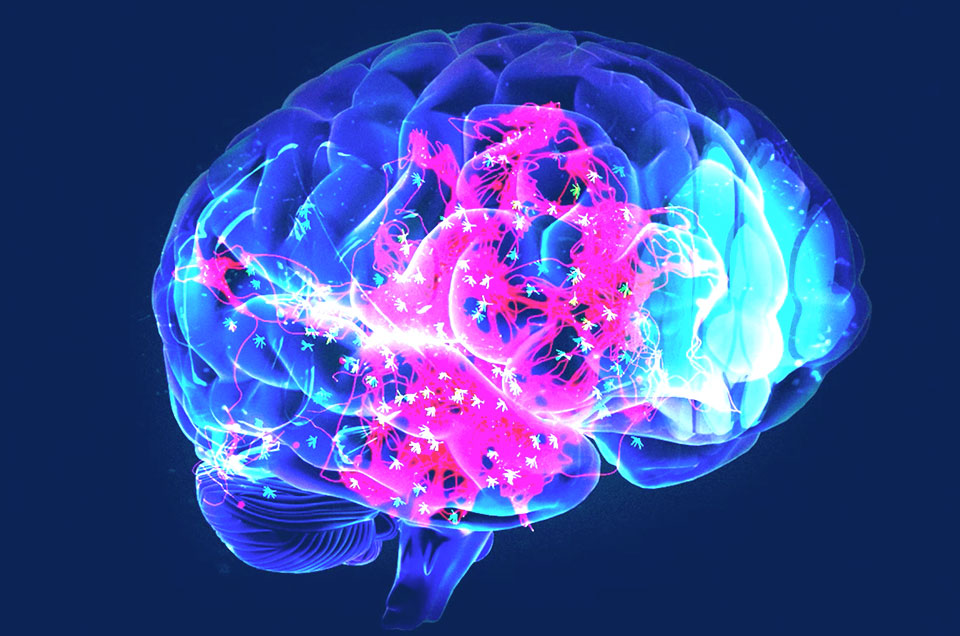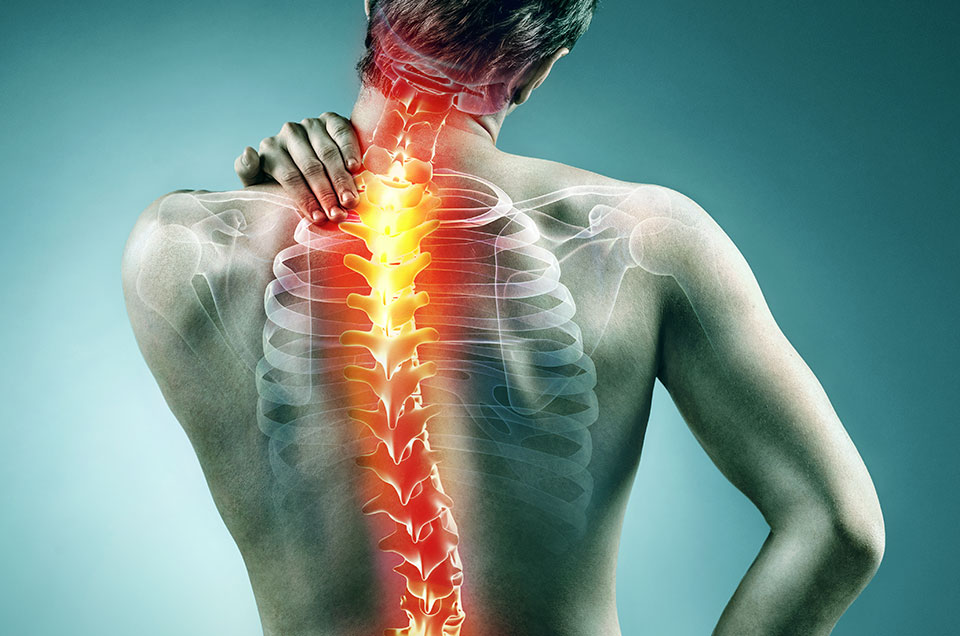The following key focus research areas have been identified with the aim of maximising the impact of the Institute’s research on reducing injury across youth, community and professional sports:

Sudden Cardiac Death in sport is devastating for any athletes affected. Despite the well-established beneficial effects of regular physical activity on general health, sudden cessation of cardiac activity can occur in apparently healthy individuals, causing arrhythmic events such as ventricular tachycardia or fibrillation. The epidemiology of Sudden Cardiac Death remains highly controversial, but epidemiological studies have also consistently demonstrated that SCD is significantly more prevalent among males compared to females, by a factor of approximately 2:1. Podium Researchers are conducting initial feasibility studies to assess incidence rate in both professional and grassroots athletes, to improve our understanding of the etiology of Sudden Cardiac Death, and to examine the potential for interventions in this under-researched area.
In spite of two decades of research, relatively little is known on how to best diagnose, prevent and manage concussion and repetitive head impacts in sport. Furthermore, serious gaps that exist in published concussion research to date, not least in youth, women’s and grassroots sport. The Podium Institute is currently leading several multi-modal studies aimed at addressing the paucity of data directly relating exposure to head impacts during play to short-, medium- and long-term neuroimaging, neurological and psychological outcomes for individual athletes. The aim is to identify the key biophysical quantities that drive short- and long-term symptoms from head impacts, and to mechanistically unify the brain insult caused by frequent low-intensity & infrequent high-intensity impacts. Ultimately, the vision is to validate a ubiquitous Head Impact Dose (HIDe) metric for use by athletes, coaches & doctors that can serve to define sport-, player- and age/gender- specific dose bands for play, return-to-play and lifelong management of head impacts and neurological injuries.


Even though considerable research has gone into characterising and understanding the impact of sport injury on the mental health of athletes, relatively little is known about the potential influence of mental health and well-being on the likelihood and severity of injury. Starting with a major systematic review, the initial aim of the Podium Institute research is to understand the bi-directional association between mental health and wellbeing, and sports-related injury, in young people aged 10-24 years who play sport. With a particular focus on female and young athletes, which have been under-served by research to date, the aim is to uncover potential mechanisms and risk factors underpinning the relationship between mental health, well-being and sport injury in order to enable the development of improved prevention and management strategies.
Across sports, musculo-skeletal injuries are by far the most common and those most likely to re-occur with lifelong consequences. Research at the Podium Institute focuses on improved mechanistic understanding and prevention of both major injuries such as anterior cruciate ligament injuries in football and spinal injuries in equestrian, as well as less well-researched injuries such as wrist and upper limb injuries in youth gymnastics. Cutting edge wearable, video analysis and inertial sensing technologies are being deployed to characterise the kinematics associated with injury both in laboratory and real-world environments, whilst advanced modelling aims to enable a better understanding of the injury mechanisms so that preventative measures can be developed.

